What is race walking, and how do you get started?
Discover how a high society Victorian pastime became an athletics fixture at the Olympic Games
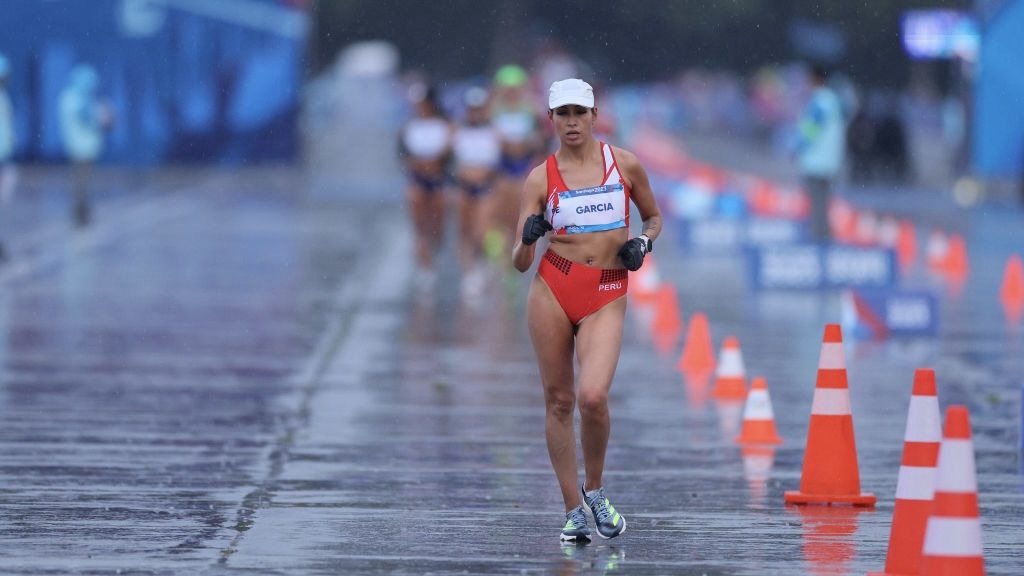
Race walking, which is also known as racewalking, is a form of running except there are strict rules on ground contact. You will have seen race walkers taking part in athletic events, including the Summer Olympics.
The rules of race walking dictate that the toe of the back foot of a race walker must not leave the ground until the heel of the front foot has touched the ground. Additionally, the supporting leg must straighten from the point of contact with the ground and remain straight until the body passes directly over it. When watching a race walker you will see a particular type of hip rotation.
It's a technique that needs to be learned to ensure you abide by the rules – there are judges who keep a close eye on competitors – and for maximum speed.
Race walking events are usually long distance, from 3,000m to ultra distances like 100km. The Summer Olympics, for example, has a 20km race walk for men and women, and a 50km for men only. The races are held on the road and track.
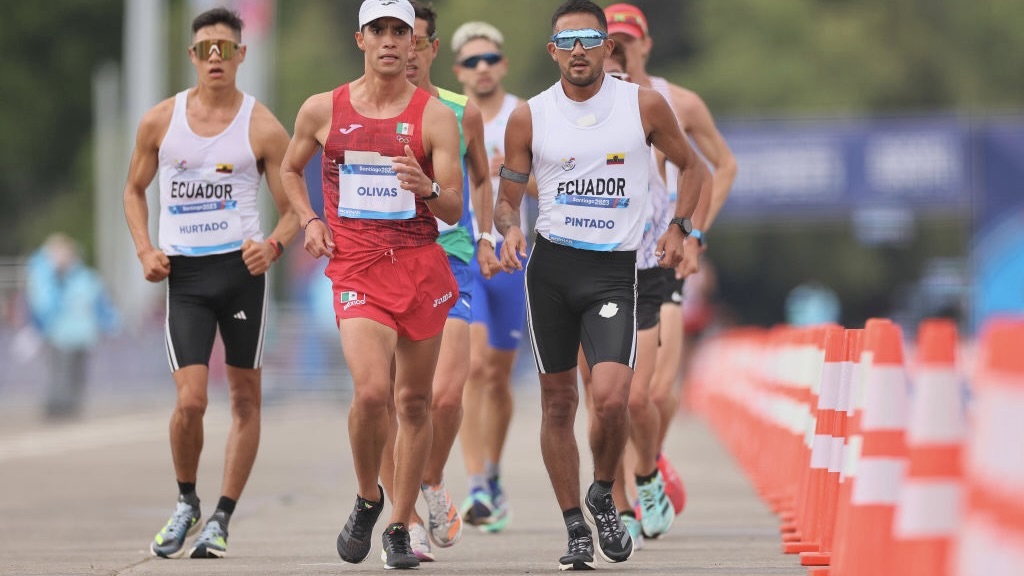
How fast are top race walkers?
Put it this way, the average person’s walking pace is three miles per hour. Last year, Spanish athlete Maria Perez set a new record for a 21-mile race, walking at an average of 8.33 miles per hour. She completed it a total time of 2 hours 37 minutes. The men’s world record for the same distance was set in 2006 in 2 hours 21 minutes.
So, race walkers do cover the ground very quickly.
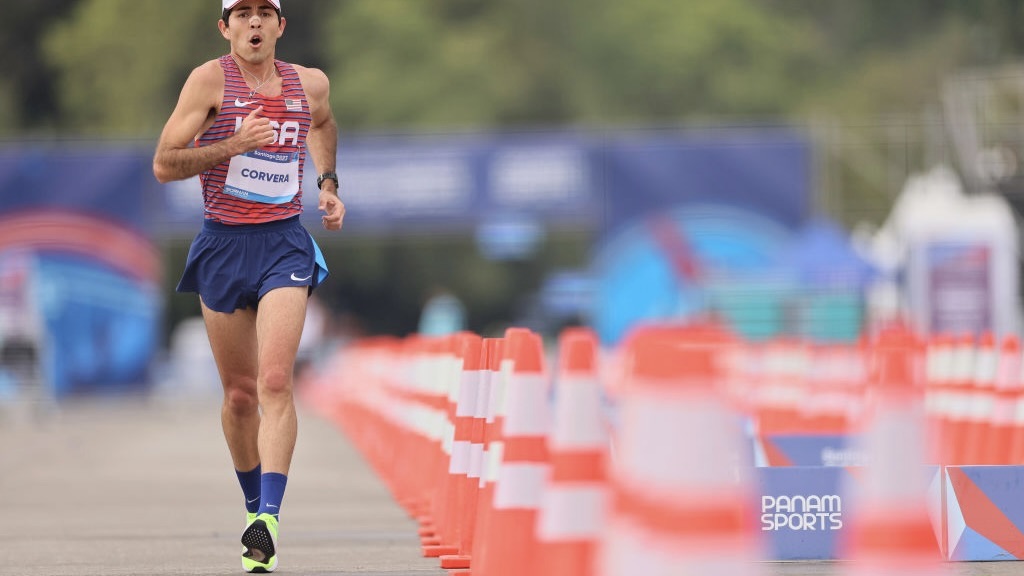
History of race walking
Race walking can trace its history as a track and field athletic event to the late 19th century. It’s recorded that the first meeting of the English Amateur Athletics Association in 1880 featured race walking.
All the latest inspiration, tips and guides to help you plan your next Advnture!
The first race walk was seen as a way to make what was known as 'pedestrianism' more formal as a sport. Pedestrianism was a popular past-time of high society in the Victorian era.
The first racewalk took place in the Olympics in 1904. Women's race walking only became part of the Olympics in 1992.
There are other major race walking events including a World Cup, the World Athletics Championships, the Commonwealth Games, the Pan American Games, and the IAAF Race Walking Challenge.
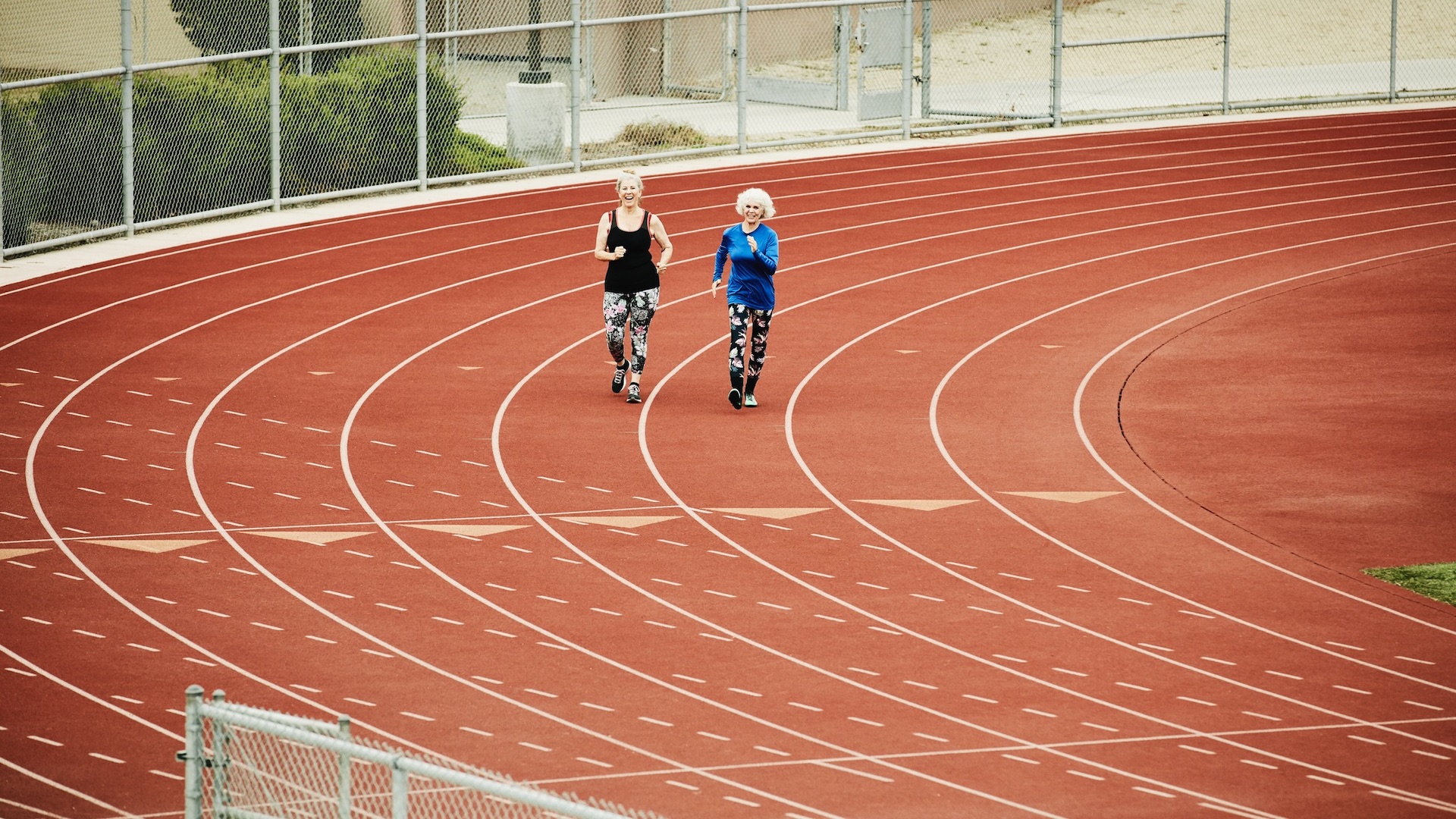
How to get started race walking
If the sport of race walking appeals to you, there are a number of different avenues to getting started. The best way to learn is to join a club or attend a course or clinic that will teach you by example and reveal all the rules to you.
You can also find online resources and books to show you the technique for race walking. It's critical that you learn the technique properly before building up your distances and pace.
You can enjoy race walking as a fitness activity, or take it to the next level and compete in races.
- The best road running shoes: tested for performance and comfort
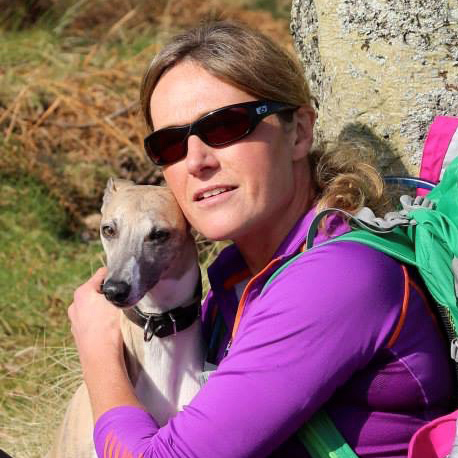
Fiona Russell is a widely published adventure journalist and blogger, better known as Fiona Outdoors. She is based in Scotland and is an all-round outdoors enthusiast with favorite activities including trail running, mountain walking, mountain biking, road cycling, triathlon and skiing (both downhill and backcountry). Aside from her own adventures, Fiona's biggest aim is to inspire others to enjoy getting outside and exploring, especially through her writing. She is also rarely seen without a running skort! Find out more at Fiona Outdoors.
